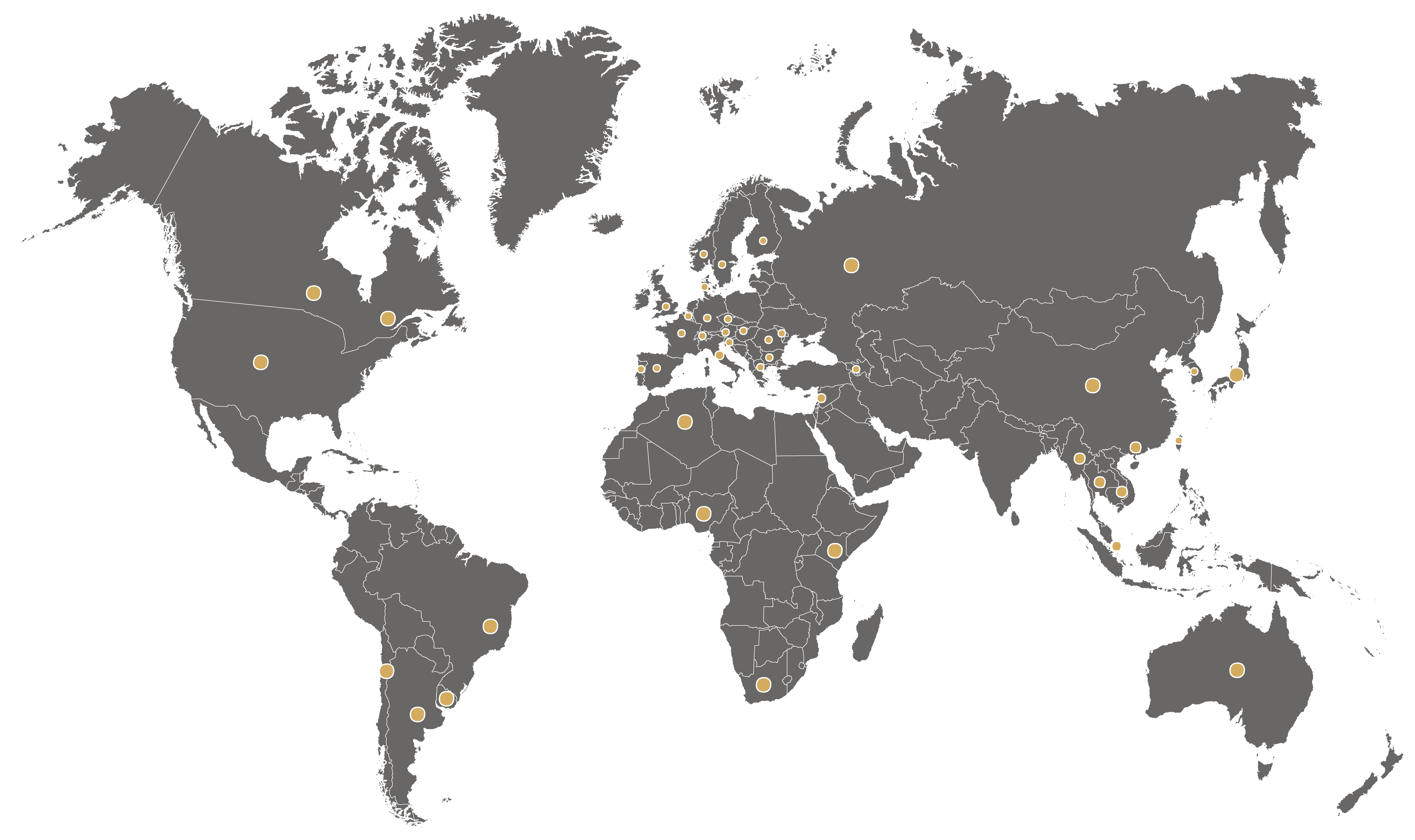A wine-producing and wine-consuming nation, Australia ranks as the 5th largest producer by volume and the 12th largest consumer in 2024. With a pronounced taste for quality and diverse consumption preferences, the Australian wine market offers interesting opportunities for exporters. However, gaining access to the Australian market requires an in-depth understanding of the regulations and consumption trends.
To ensure the safety and quality of products entering its territory, Australia enforces strict regulations for importing alcoholic beverages. Several agreements have been established to facilitate import and export procedures between nations.
While a free trade agreement between the European Union and Australia has been under negotiation since 2018, a specific agreement concerning wine trade between the two entities, known as the "Agreement on Trade in Wine between Australia and the European Community," has been in force since 2008. This agreement aims to protect geographical indications and controlled designations of origin (AOC, DOCG, DOC) for wines from both parties, facilitate wine exports by harmonizing certain production and labeling standards, and safeguard wines from competition and counterfeiting.
Outside the EU, Australia has concluded several free trade agreements with other countries and trade blocs. Notable examples include:

Additionally, certain regulations must be followed to import wine into Australia:

As both a producer and consumer of wine, Australia ranks 5th in production and 12th in consumption worldwide. White wines are particularly popular, accounting for 46% of global sales, followed by red wines (32%) and sparkling wines (13%).
Imported wines from France, New Zealand, Italy, and Spain hold a significant market share. Australian consumers increasingly lean toward premium wines. In recent years, they have become more conscious about alcohol consumption, preferring to drink less but favoring higher-quality wines.
Overall, per capita alcohol consumption is slightly declining. While wine remains the most consumed alcoholic beverage, beer comes second, representing 35% of total consumption, followed by spirits (20%) and cider (2%).

José Braga - Export Sales Director - JOAO PORTUGAL RAMOS VINHOS, Portugal
"Gilbert & Gaillard International Challenge medals can be useful for two main reasons: in markets where merchants require medals, regardless of their origin. Smart Dog in Australia is a good example. We work with Aldi, and according to their calculations, a wine with a medal automatically increases sales by 20%. Specific products, mainly for independent retailers in the UK, value medals and consumer reviews over expert opinions, like G&G. That's why we sent Castelo do Vinteiro. "

Using Gilbert & Gaillard medals for wine exportation means leveraging an internationally recognized wine competition with a 35-year history. Want to register your wines? Log in to your winemaker space for access to our database of over 10,000 importers and distributors, including a specialized list of Australian importers.
